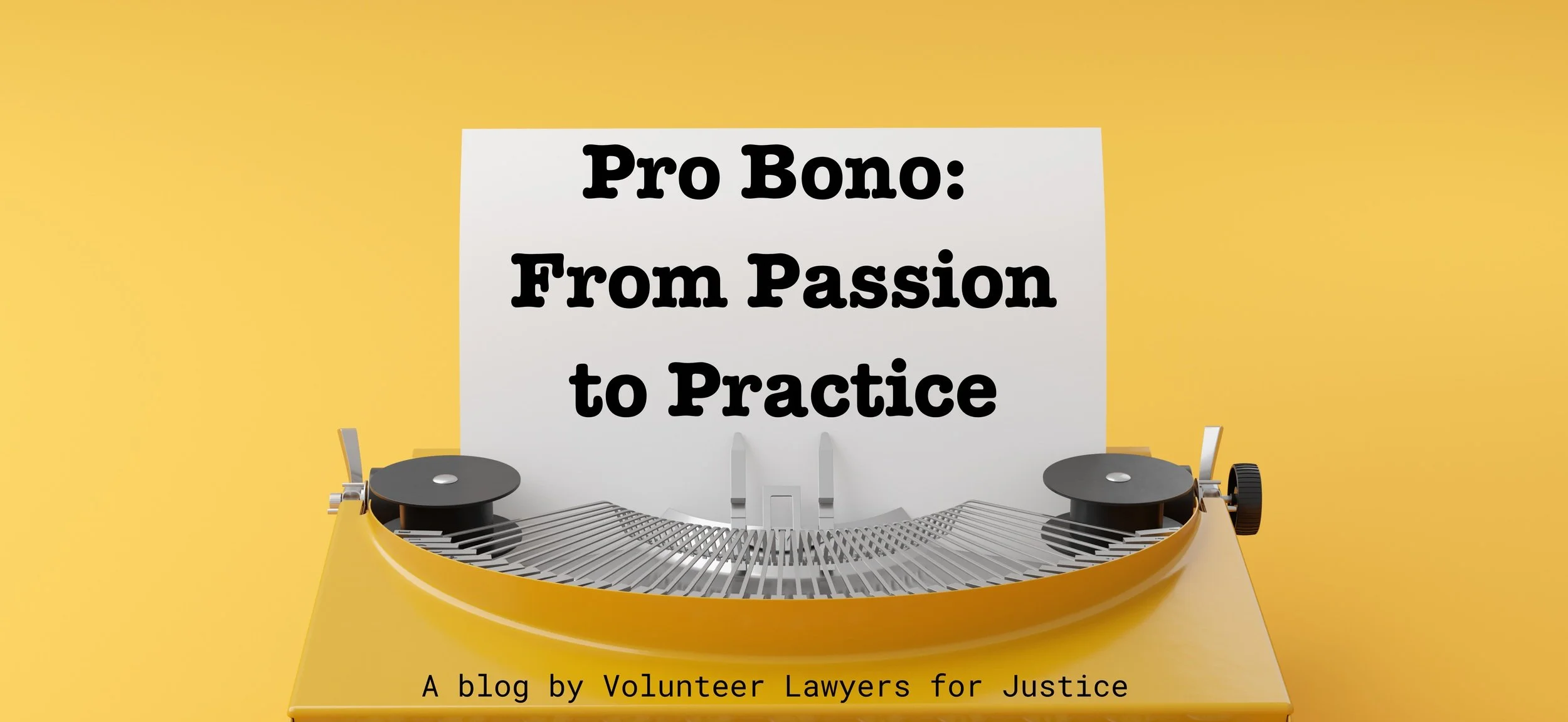If you are, or have ever been, a renter, then you have likely had to pay a security deposit as part of your lease. You may also have had a landlord refuse to return all or part of your deposit. Many renters in New Jersey are not aware that New Jersey law dictates what happens at the end of the lease term and what your landlord’s obligations are regarding the return of the security deposit. This article is meant to provide a brief overview of the landlord’s obligations after the tenant has vacated and the tenant’s recourse when a landlord withholds a security deposit.
Healthy at Home: What Tenants Should Do When Their Housing is No Longer Habitable
Many tenants we speak with at Volunteer Lawyers for Justice (VLJ), and many tenants across New Jersey, struggle with poor conditions in their rental units, creating stressful, frustrating, and at times, dangerous living situations. These issues range from infestations to mold, leaks to nonfunctioning appliances, broken locks, lack of heat, and more. It often feels like complaints or requests for repairs are not heard and issues remain unrepaired. If this sounds familiar to you or a friend or family member, please read on to learn what steps you should take as a tenant in New Jersey and what your rights are when it comes to “habitability.”
What to Do If You Are Facing Eviction in New Jersey
Between increasing rent and decreasing supply of quality, affordable housing, tenants are left with few good options on where to live. The options are even more limited when a tenant faces an eviction, which is a legal attempt to remove them from their home. Even worse, once someone is evicted, they likely have a “black mark” that in some states could come up during a tenant background check. This makes it extremely important for tenants facing eviction to find out what their rights are and to speak with an attorney as soon as possible.
To help provide a useful starting point for tenants either facing or at risk of an eviction, this is a brief overview of some of New Jersey’s eviction laws. It is not a complete guide to all of a tenant’s rights, and it does not take the place of speaking with an attorney for individual advice regarding your situation.

